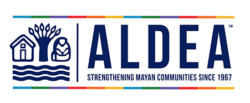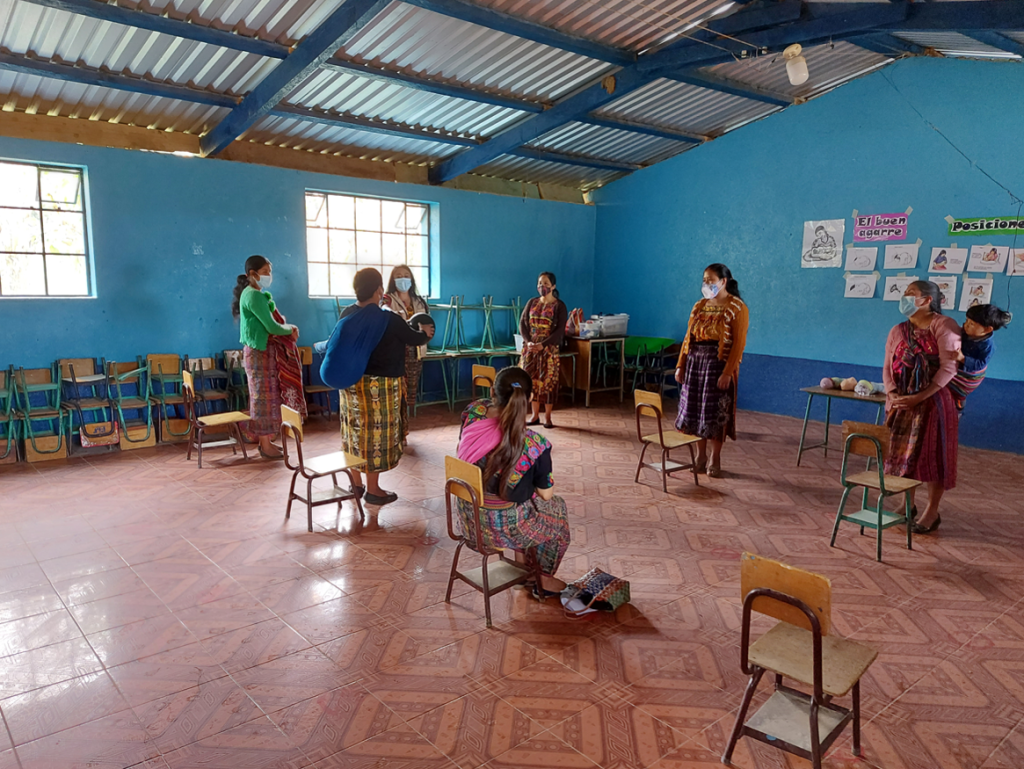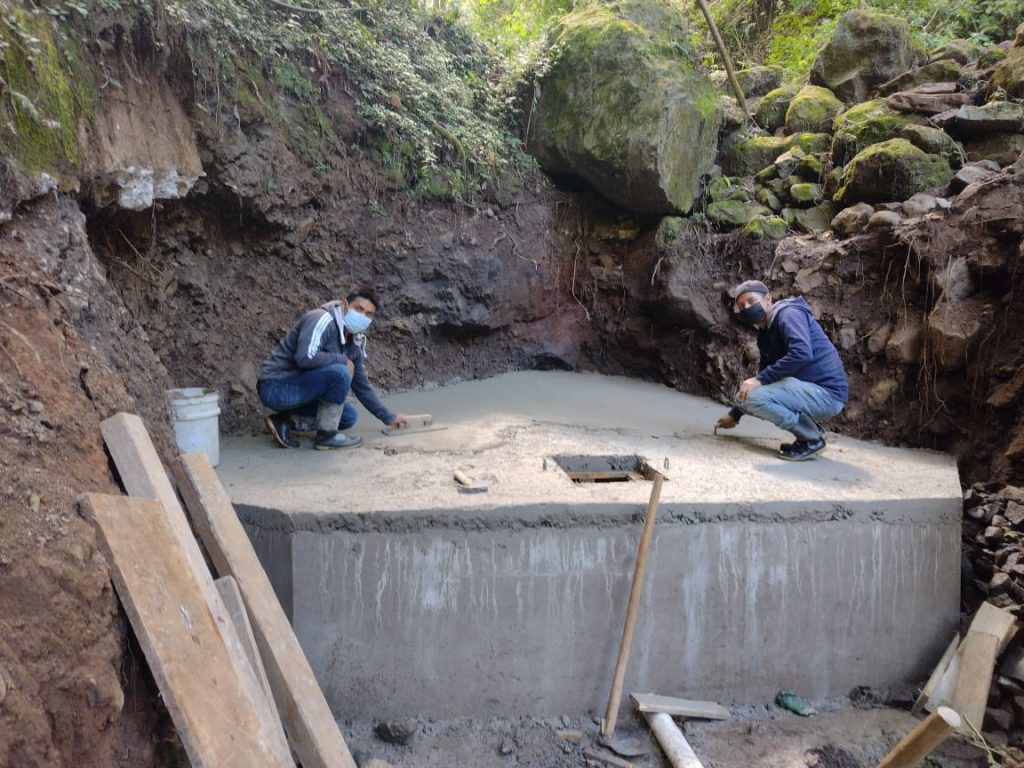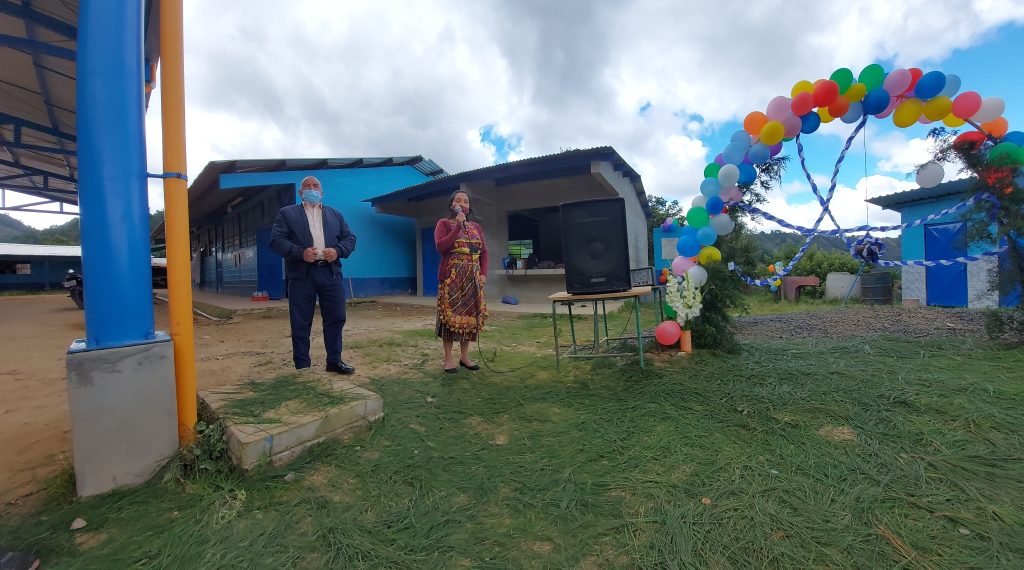Chijacinto is a village of 80 families, or approximately 504 people. The community was founded in 1893 by 6 families. It is located 22.5 miles from the municipal seat of Tecpán. The name “Chijacinto” comes from the Kaqchikel “chi” or “where” and the Spanish name Jacinto, because he and his children cultivated fruits and people from nearby communities used to say they were going to buy fruit where Jacinto lives. Chijacinto has no Catholic churches and 2 Evangelical churches; about 5 percent of the population is Catholic and 95 percent is Evangelical. All community members speak the both the Kaqchikel and K’iché languages.
Agriculture is the main activity of the families in the village, especially corn and beans, but also jocote, lemon, mandarin, coffee, French beans, tomato and orange. Some people are day labor workers and get Q35 to Q40 a day ($5). Some are masons and teachers.
Chijacinto has one school serving 70 children from kindergarten through 6th grade. There is not a health post in the village, staff from the municipal health center come to the community once a month to treat common diseases and vaccination. 90 percent of the homes have electricity, and 95 percent of the roads are dirt.
Our Partnership:
ALDEA and ABPD began working with Chijacinto families in January 2021. Our goal is to reduce chronic childhood malnutrition now, while supporting the community in building their capacity to address further development challenges on their own into the future. We are working together on:
- Water, Sanitation & Hygiene: A potable water system, sanitary latrines, gray water filters, and efficient vented stoves will reduce the risk of gastrointestinal diseases and improve indoor air quality, improving health and allowing children to make the most of the nutrients they consume. These projects began in January 2021 and completed in May 2022.
- Family Planning: We provide training and family planning methods so that women and men have the opportunity to decide the number and spacing of their children. Work began in January 2021 with completion expected in March 2023.
- Community Mobilization & Empowerment: Trainings and activities with men, women, youth, and local authorities began in January 2021 with completion expected in March 2023.
- Nutrition Education: Trainings and activities began in January 2021 with completion expected in March 2023.
- Food Security (Sustainable Agriculture): Trainings and activities began in January 2021 with completion expected in March 2023.
- Disaster Risk Reduction: Activities will begin in January 2021 with completion expected in March 2023.



